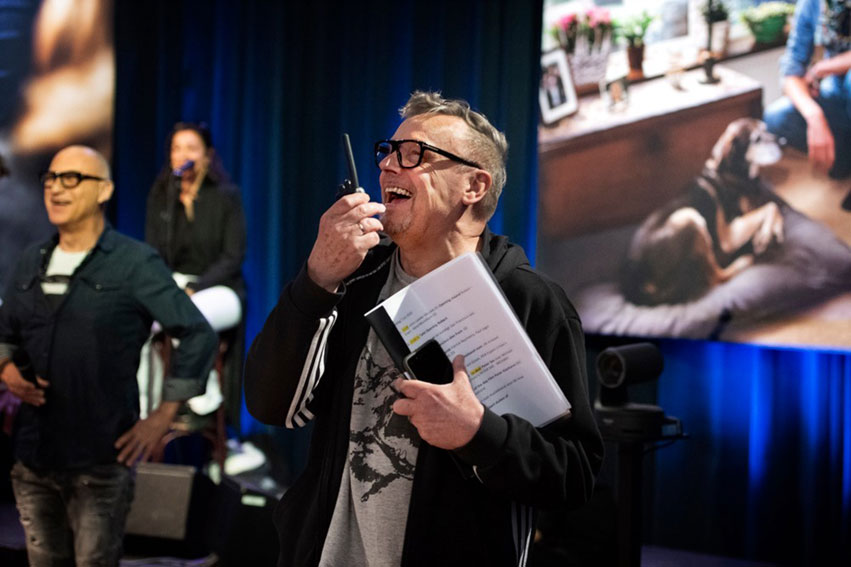Les Enfants Terribles
Making visible those one doesn’t want to see…
Making audible those one doesn’t want to hear…
Making a place at the table for those who don’t have a place anywhere…
Our mission is to give a voice and a face to the 37 million men, women, children and transgender people in the world who are infected with the HIV virus.
So we know who they are!
So we know what they do and where they live.
So that we hear what they have to say.
Because we want to get to know their loved ones, their families, their relatives and their friends.
Because we want to see them when they are happy, afraid and liberated.
Because we want to know how they live with and fight against that ever-present virus.
Because we want to understand what makes it difficult for them and what helps them. And we want to hear from those who deal with it on a daily basis how they regard those loaded views, stigma, self-stigma, which are talked about so much, but which we sometimes understand so little about.
Sometimes living with HIV is a complicated story. And there are 37 million of those stories. We can’t tell them all. But some we can.

We, Bert and Erwin, the founders of the Atlas project, have been together for almost 40 years.
Sometimes you are lucky that the happiness that just walked into your life has no end … For the last 31 years we have known that we are both infected with the HIV virus. Sometimes it’s unfortunate that what you most want to get rid of also seems endlessly connected to you. That’s life.
Les Enfants Terribles is the name we came up with for our club. We look at the world around us with childlike curiosity. To learn and understand. We are storytellers. We tell stories about others, and occasionally also stories about ourselves.
The best part about telling stories is sharing.
You speak to another person, you are heard, and the story now becomes a shared history… A little later you listen to the other person to hear what he or she has to say to you. Sharing stories is, next to daily medication, the best weapon against the pain that HIV can cause.
Sharing stories creates understanding, tells you things you didn’t know about… sharing breaks through the isolation, gives space and invites the other person to share his or her story. And sharing your story is fun too, because let’s face it, many stories are for laughs, not for sadness.
We present our stories in all kinds of different forms. We tell them, we write them, we photograph them, we film them…
We create exhibitions, we give presentations, we rent theaters and cinemas to present our shows and our documentaries…
But the core of everything we do is and will always remain the same: sharing the story.
